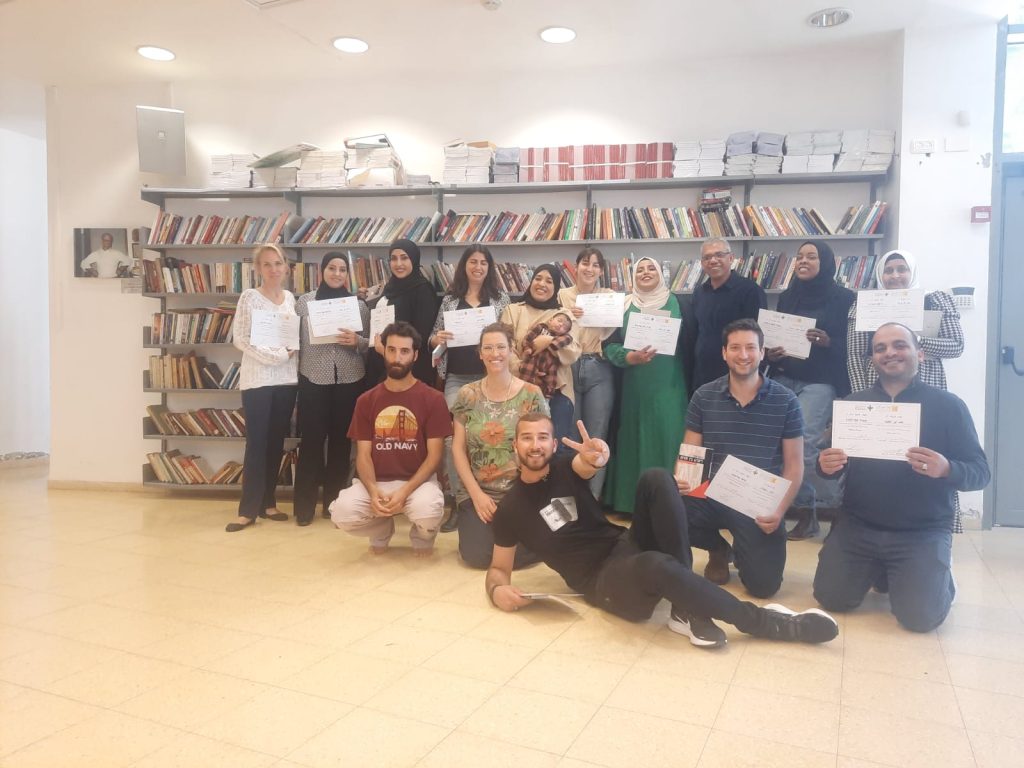
Menu

We believe that cooperation between neighboring authorities, Arab and Jewish, working together for the benefit of their residents and for shared initiatives, are the key to good relations in which everyone feels that they belong, contribute, and are committed to the well-being of all. Precisely in times of tension between the parties, the importance and necessity of joint meetings and cooperation between the authorities increases.
The focus of our activity in the area of ”Neighboring Authorities” is based on Jewish-Arab task groups, which promote a safe and welcoming public space. The initiative and action is carried out while getting to know each other, learning, developing mutual respect for diverse identities, and finding solutions to common needs and challenges.
In recent years and even more so in this period of crisis, we have expanded and deepened our activities in the field. AJEEC and our partners see the opportunity and the magnitude of the hour that obligates us to strengthen cooperation according to geographical proximity, and especially among those who have not yet realized the potential inherent in Arab-Jewish partnership, and in the concept of a shared society. We believe that the development of a shared space must be promoted as a solution to shared problems through shared dreams and uncompromising action.
There is an emphasis on task groups between neighboring authorities, universities, colleges, commercial centers and the like.


Goals
Accompanying and supporting action groups and action communities for the development of common spaces and common interests as spaces for cooperation.